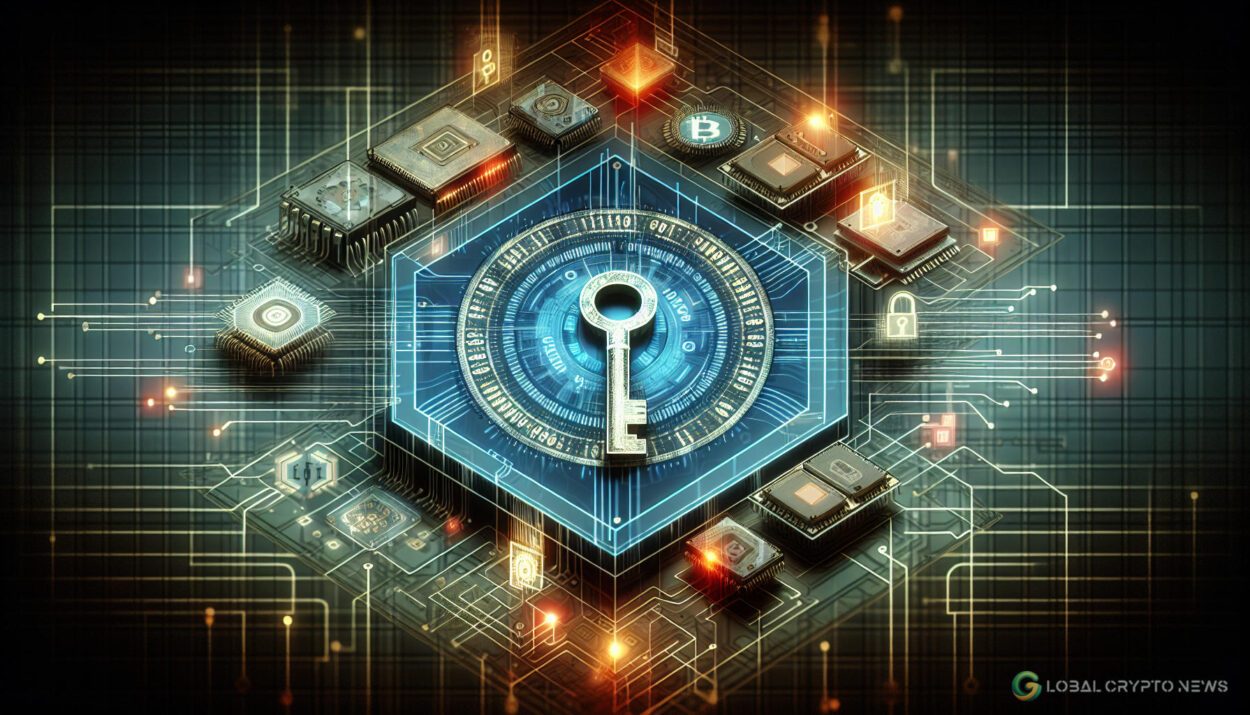Ethereum co-founder Vitalik Buterin recently shared his preference for multisig solutions over Shamir backup methods, citing the latter’s potential for user error. This discussion surrounding the security of cold wallets has sparked interest among crypto enthusiasts, with concerns raised by Buterin himself.
During a conversation among crypto enthusiasts, Peter Watts, the founder of NFT marketplace Reservoir, warned about the risks associated with hardware wallets. He highlighted the dangers of losing seed phrases or hastily moving assets stored in a bank’s safety deposit box, especially during unforeseen events like the COVID-19 pandemic.
However, when using a hardware wallet, the primary risk lies with the user. Watts cautioned against potential pitfalls such as losing the seed, forgetting its location, or hastily moving overseas, emphasizing the importance of responsible asset management.
The conversation shifted when Vitalik Buterin advocated for multisignature (multisig) solutions for securing personal funds. While acknowledging the benefits of cold wallets, Buterin stressed the importance of decentralizing security through multisig setups, where multiple keys are required for transactions.
Buterin recommended a “M-of-N” configuration, where some keys are held by the user and others by trusted individuals, without disclosing their identities even to each other. This approach aims to enhance security and prevent single points of failure.
In response to Buterin’s stance, Ethereum investor Tobby Kitty proposed Shamir backup as an alternative method for splitting cryptographic keys into multiple shares. Despite recognizing the advantages of Shamir, Buterin cautioned that it is prone to user error and requires careful handling and storage to avoid irreversible data loss.
Overall, the discussion underscores the importance of responsible key management and security measures when dealing with cryptocurrencies. By considering the risks and benefits of different security solutions, users can make informed decisions to protect their assets in the volatile crypto landscape.






















